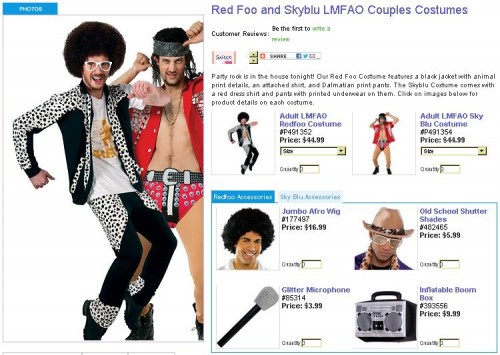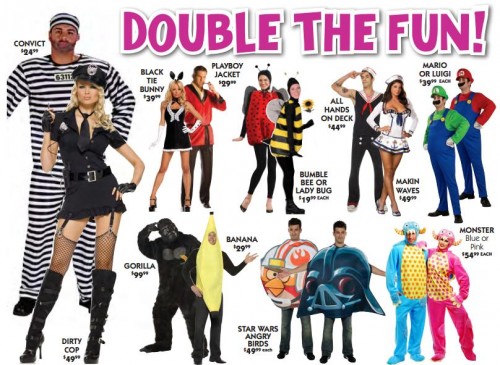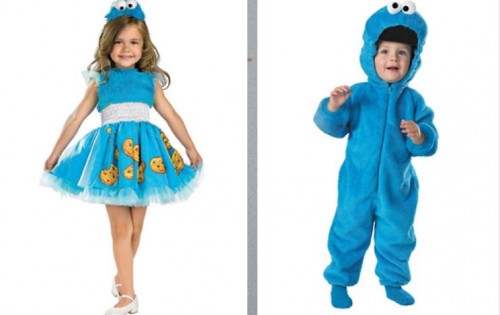Last Halloween my students (at a private liberal arts school) told me that it was considered embarrassing to wear the same costume to two separate parties. Many of them, then, had purchased two or more costumes for the week preceding the holiday. I remarked about how convenient that was for the economy, creating a need to spend money that helped our economic engine keep churning.
I thought of their stories when I came across this vintage ad for Halloween candy. It tells the viewer that a really cool house will offer trick-or-treaters more than one type of candy and allow them to take one of each. How excellent for the candy companies if offering only one piece of one kind of candy is considered below the bar.
Via Vintage Ads.
Lisa Wade, PhD is an Associate Professor at Tulane University. She is the author of American Hookup, a book about college sexual culture; a textbook about gender; and a forthcoming introductory text: Terrible Magnificent Sociology. You can follow her on Twitter and Instagram.




















